We were lucky to catch up with Destiny Cox recently and have shared our conversation below.
Destiny, thanks for taking the time to share your stories with us today Let’s talk legacy – what sort of legacy do you hope to build?
I want to build a legacy in filmmaking, where I tell powerful stories of Black and Brown communities that often go untold, in unconventional genres like Sci-Fi and Horror. My mission is to encourage BIPOC filmmakers, creating a space in Sci-Fi and Horror where impactful narratives can flourish beyond trauma-centered stories. Instead, I hope to offer new visions of what survival, resilience, and equity can look like. If my work encourages other creatives to experiment with horror or science fiction, regardless of budget, I’ll know I’ve left a meaningful mark.
I hope people will remember me as someone who proved that you don’t need a high budget to tell a powerful story. I aim for my work to speak for itself without disclosure of its limitations and to compete alongside higher-budget productions. I’d like people to say I was grounded in community, that I amplified voices in the process, and dedicated myself to something bigger than me. I want to be known for bringing awareness to critical social issues in ways that don’t create fatigue, initiate conversations, and spark the ambitions of younger creators. Above all, I hope to leave a reminder of the beauty, strength, and complexity within our communities that deserves to be celebrated, remembered, and reimagined.
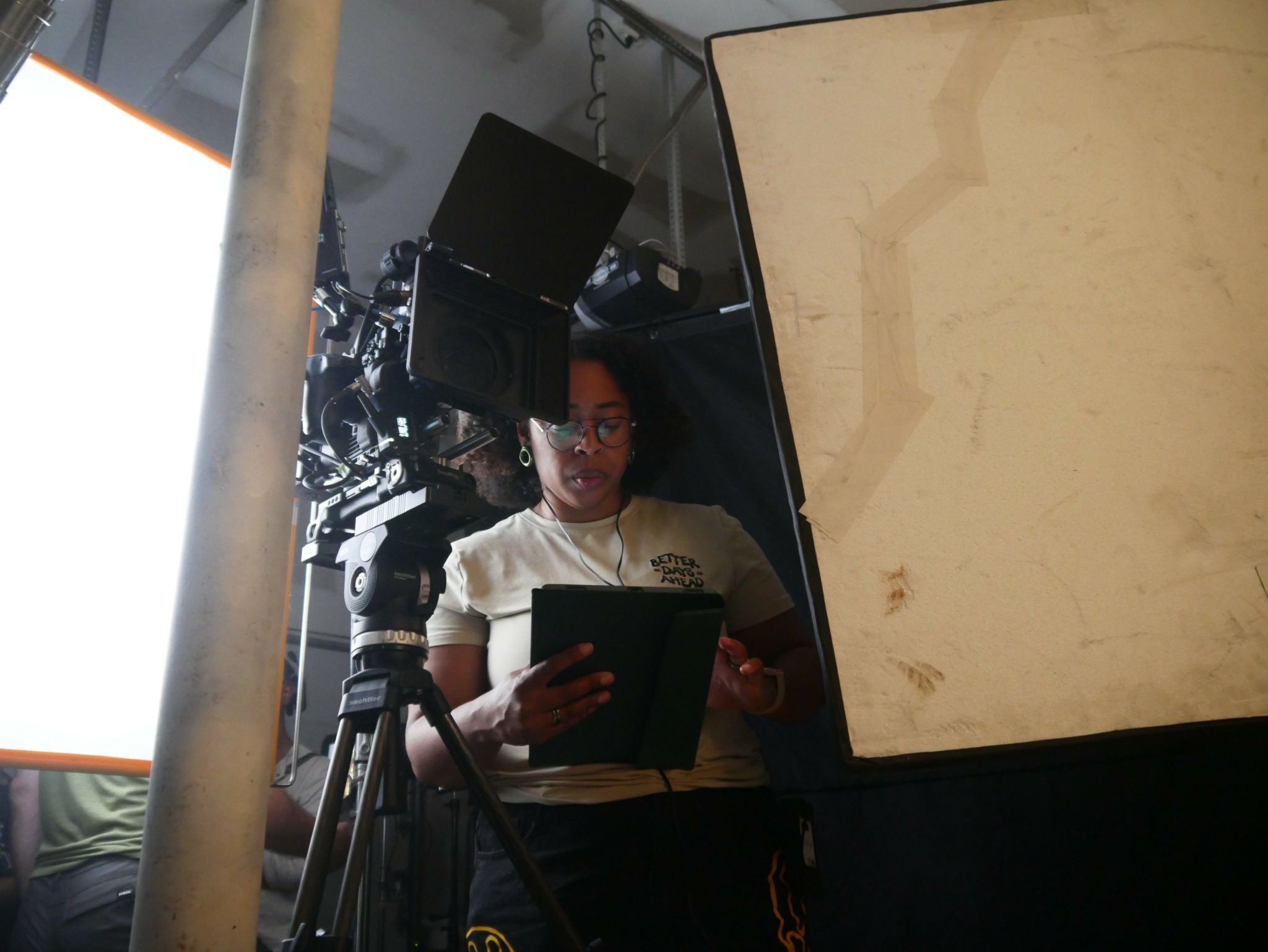
Great, appreciate you sharing that with us. Before we ask you to share more of your insights, can you take a moment to introduce yourself and how you got to where you are today to our readers.
I am a Director with a passion for creating films in Science-Fiction and Horror. With over six years of experience, I’ve focused on incorporating Easter eggs in my stories that shed light on the often-overlooked narratives of Black and Brown communities. My aim is to create films that entertain while encouraging audiences to think critically about the world around them and our shared histories.
Alongside my partner, Milo Cox, I co-founded WANO Studios. Although we’re based in Philadelphia, our work reaches across the country. We offer a variety of creative services, including cinematography, producing, editing, coloring, voiceover work, and social media content creation. We take great pride in our commitment to quality, which helps us stand out in a crowded field. With backgrounds in Political Science, African American Studies and Physics, WANO Studios is committed to bringing an authentic perspective.
We value collaboration and strive to build a strong team. We believe that good people do good work, and we prioritize maintaining high standards on every project. We also focus on uplifting stories, steering clear of trauma-focused narratives and instead celebrating the diverse experiences of BIPOC communities. Our mission is to highlight underrepresented voices and ensure that every project reflects the authenticity of the stories we tell. We create an inclusive environment where everyone feels empowered to share their ideas, resulting in content that truly captures the essence of our communities. Innovation is at the heart of what we do. We’re always looking for new ideas and techniques to make our films stand out. I’m particularly proud of our recent project, You Were Dead Yesterday, which looks at environmental issues through the lens of a zombie apocalypse. It was our biggest production yet, with a 35-person crew, and seeing everyone come together with such enthusiasm was a rewarding experience. The moment we revealed our zombie designs was filled with excitement, and those genuine connections are what I cherish most as a director.
For anyone interested in my work, I want you to know that my brand is built on authenticity and a willingness to take creative risks. I’m committed to telling stories that challenge perspectives and encourage deeper thinking. If you’re looking for engaging and thought-provoking films, I’d love for you to join me on this storytelling adventure!
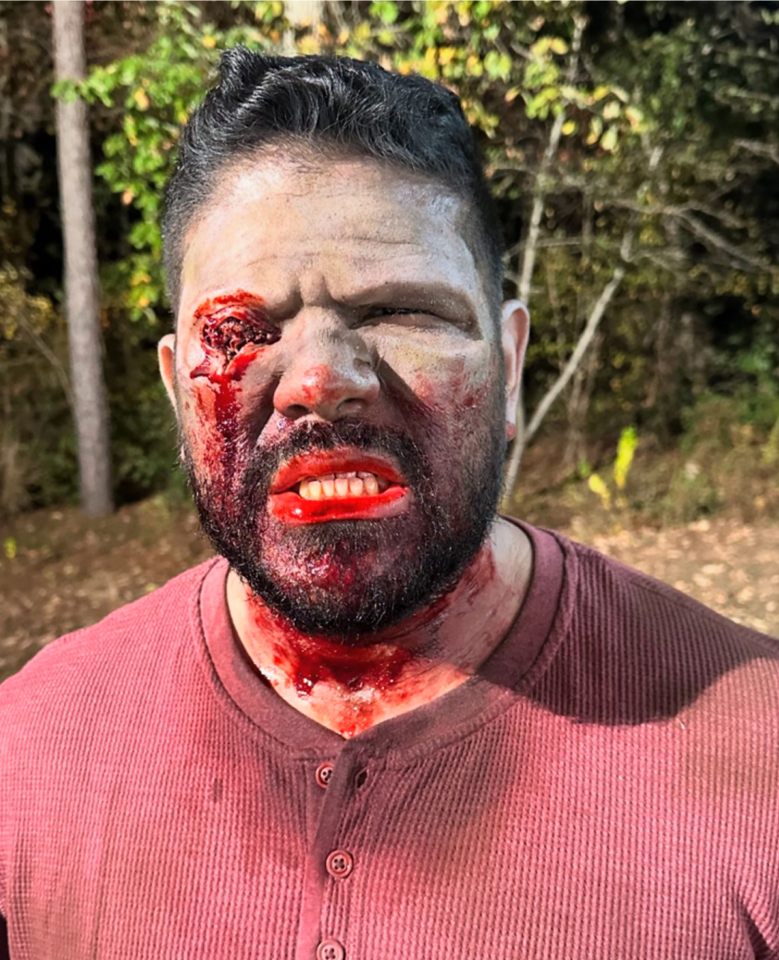
What’s a lesson you had to unlearn and what’s the backstory?
A lesson I had to unlearn was Imposter Syndrome. When I first started my filmmaking journey, I constantly compared myself to others I thought were more qualified—people with tons of experience, connections to big-name directors, and a lot of “skin in the game.” I let their achievements make me feel small, as if they somehow knew more about what I was capable of than I did. I remember stepping into this industry with little experience and feeling like I needed to have all the answers. That pressure was overwhelming, and it made me hesitant to even pick up a camera, scared that I’d mess up and everyone would see my inexperience instead of my eagerness to learn.
Through this process, I discovered how vital it is to surround myself with people who not only excel in their craft but also see me for who I am. I realized it’s not just about finding mentors; it’s about connecting with those who uplift you and appreciate your unique perspective. Not everyone will understand your vision right away, but there will be those who support you and want to see it thrive. And here’s what I’ve learned: believing in yourself, your story, and your potential is free, but it’s the most valuable thing you’ll ever own. That self-belief is what gives you the courage to take risks, try new things, and fully embrace your creative journey. Six years later of consistently pushing forward, growing my network, and making films, I have created a body of work that shows what I’m capable of doing and the confidence I grew along the ride.
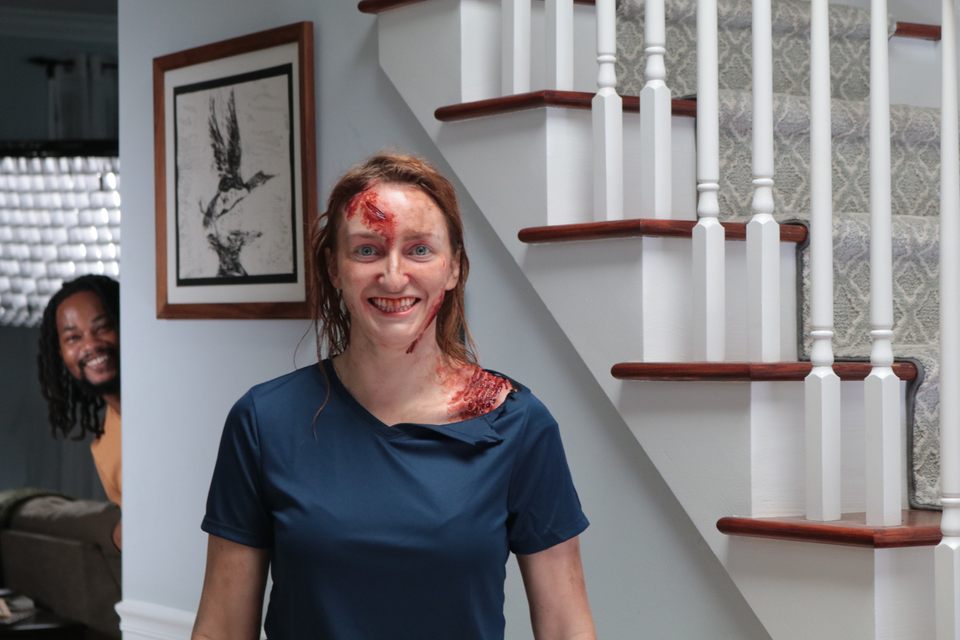
Have you ever had to pivot?
Growing up on the Jersey Shore in Asbury Park, NJ, I thought I had my future all figured out. For 18 years, my dream was to become an attorney, so I pursued a double major in Political Science and Africana Studies during my academic career. But everything changed during my junior year when I started interning at law offices. I quickly realized I couldn’t stand it—I had no desire to work in the legal field. Unfortunately, by then, it was too late to change my major because of financial aid limitations, and I felt stuck.
Everything shifted when I watched ‘Get Out.’ That film opened my eyes to the incredible power of storytelling and sparked my interest in filmmaking. I was drawn in by how it embedded Easter eggs that reflected both what I had learned academically and the cultural experiences I grew up with. I loved the conspiracy theories that audiences built around the film, which shows how deeply impactful movies can be. I wanted to make that same impact.
This was the first time I seriously considered a career change. The story, the characters, and the film as a whole changed my life. Just three weeks later, I got an opportunity: a Campus Movie Festival representative approached me and offered me all the equipment I needed to create my own film. That moment was a game changer. I dove in headfirst, and my film ended up placing in the top 10 at my university. It ignited a passion for filmmaking that I never knew existed, teaching me the importance of being open to new paths and following my passion, even when it meant stepping away from what I thought I was meant to do.
Contact Info:
- Website: https://destinyjcox.wixsite.com/destiny
- Instagram: https://www.instagram.com/destinyjcox/
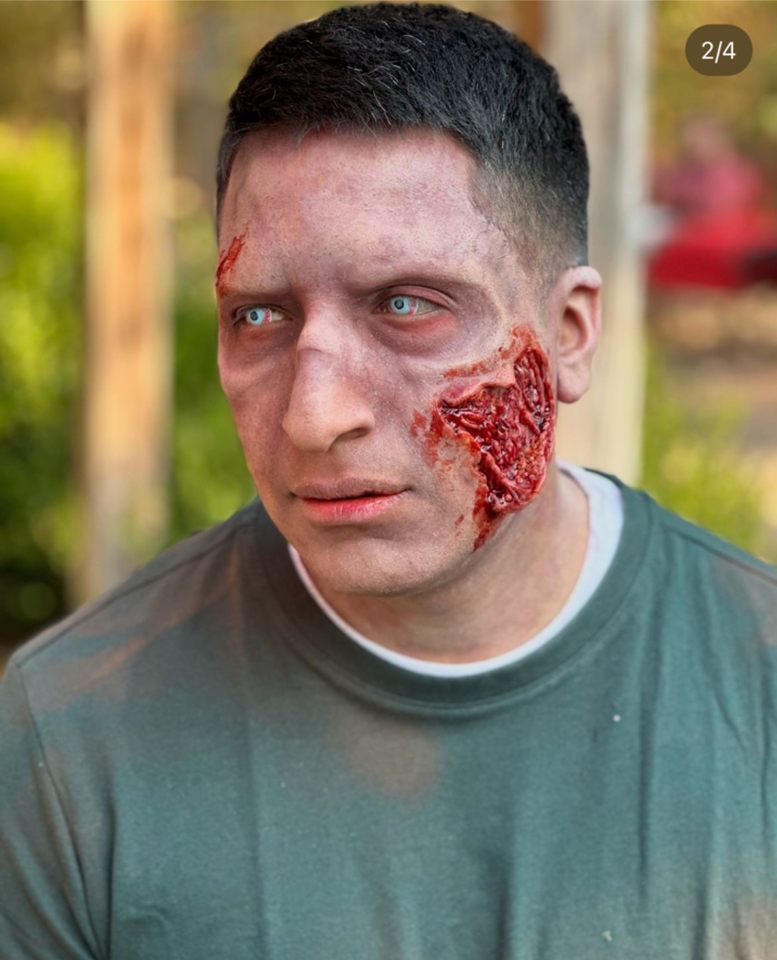
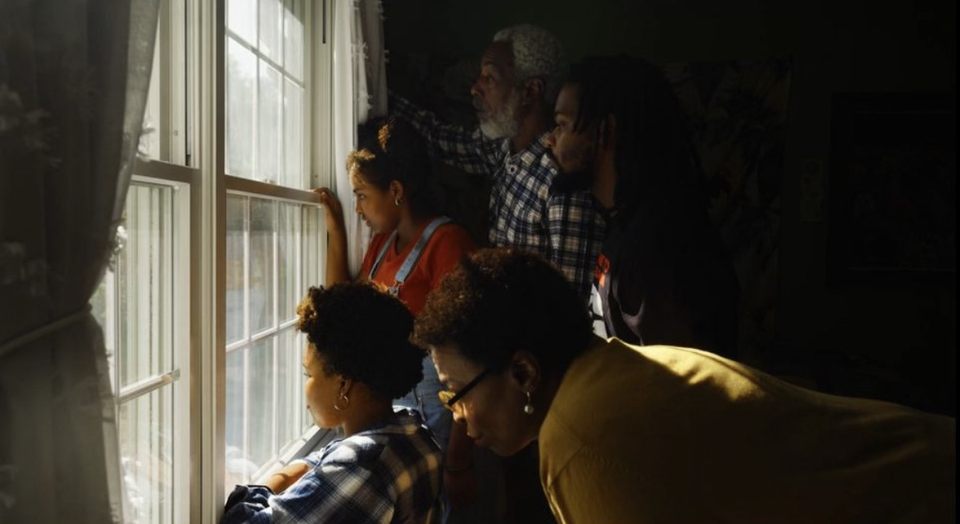
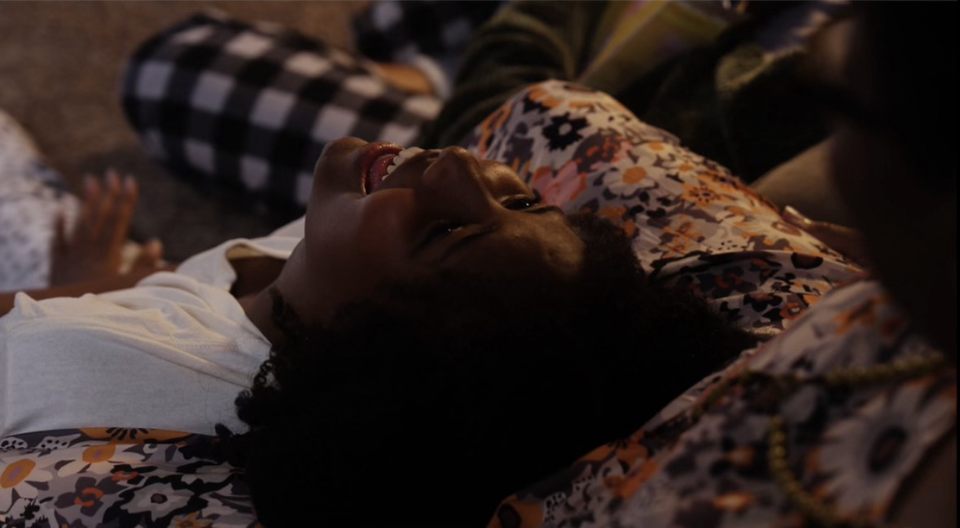
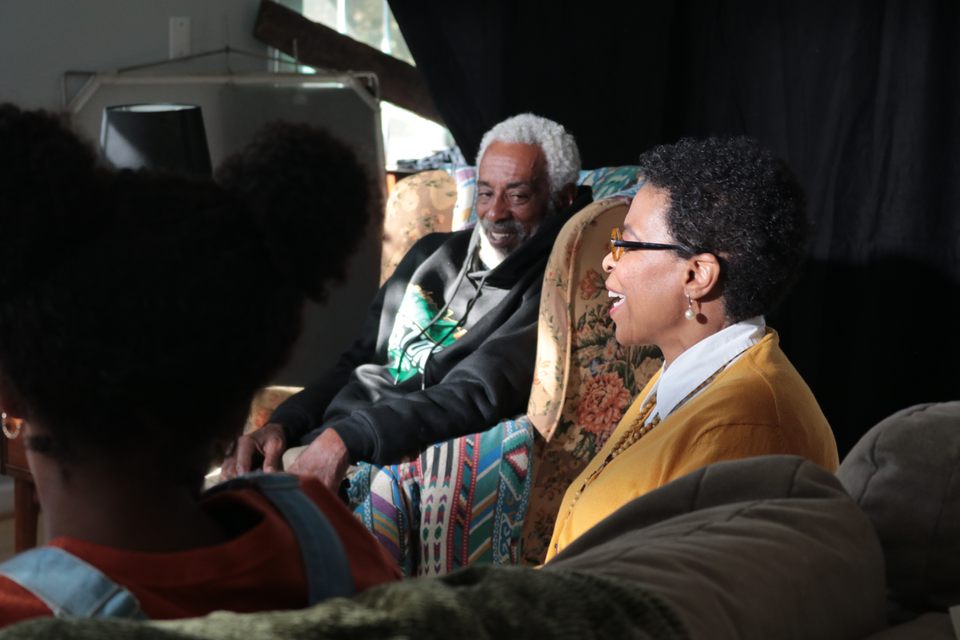

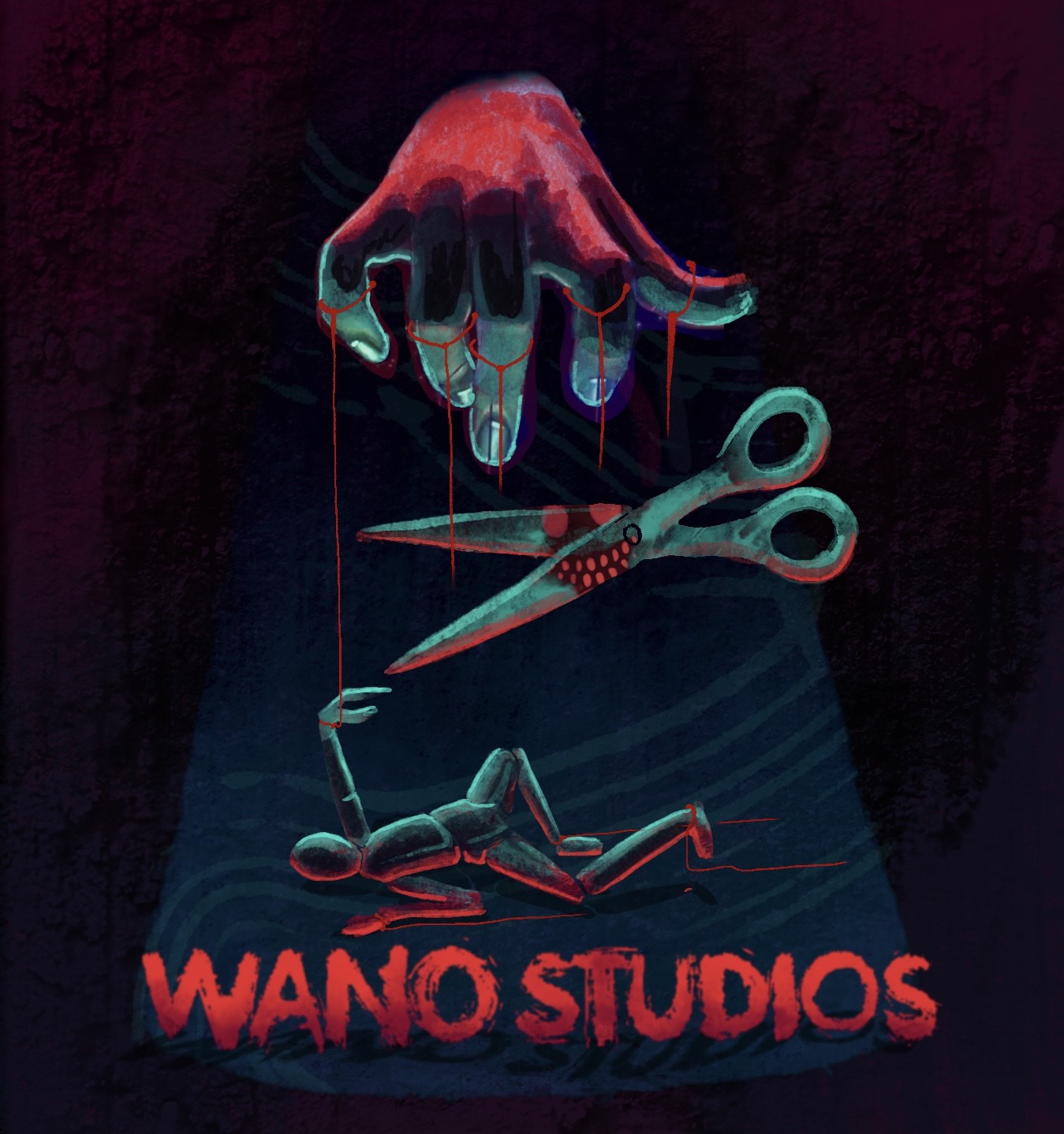
Image Credits
Jade Figueroa
Nia Haskins


